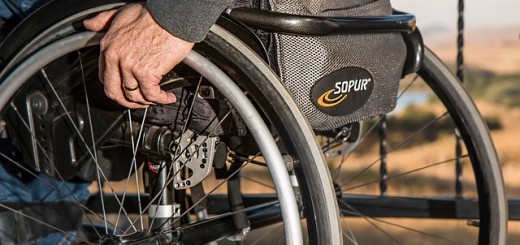Living with a disability means a new way of life, and that includes a new way of vacationing. For individuals with mobility challenges or other disabilities that make getting around more difficult, taking a vacation can seem like an impossible dream – particularly traveling abroad. Developing countries, after all, often have yet to create the infrastructure to accommodate the needs of all people. Even other developed nations lack the physical access provided in the United States. Luckily, no matter the level of personal mobility an aspiring traveler has, preparation and research will provide all that is necessary to allow one to travel virtually anywhere.
Naturally, traveling within the United States and other countries with robust infrastructure is easiest for those with disabilities, especially when traveling by automobile. However, even when traveling domestically, the first hurdle is often airplane travel. It behooves those with disabilities to reconfirm their airplane travel arrangements and to ask for detailed instructions about how mobility equipment will be transported. Scooters, for example, have varied requirements depending on whether they use “dry cell” or “wet cell” batteries. In addition, the ability to keep one’s wheelchair in the cabin will depend on how many passengers with disabilities are aboard a given flight. Being prepared for all eventualities is crucial, and asking plenty of questions when buying a ticket is an ideal approach.
However, people with disabilities shouldn’t feel restricted to the developed world. In order to avoid headaches, it is helpful to plan things out ahead of time. People with disabilities might consider bringing some spare supplies in the event of an emergency, such as a portable ramp or a shower chair. Moreover, they might consider looking for a nearby bicycle store should replacement parts be necessary for a wheelchair or other device. They can also look online for resources like The Society for Accessible Travel & Hospitality, where experts may be able to provide specialized assistance. In addition, they might consider preparing things like a phrase book with foreign terms related to disabilities. Moreover, individuals with disabilities should book hotels well in advance to ensure that a handicapped-accessible room will be available, and consider using tools like online maps and travel guides to plan routes and regions where those with disabilities can travel with ease. Finally, remember to visit the doctor for any other advice, buy travel insurance, and ensure that all necessary medications are available or can be refilled locally.

